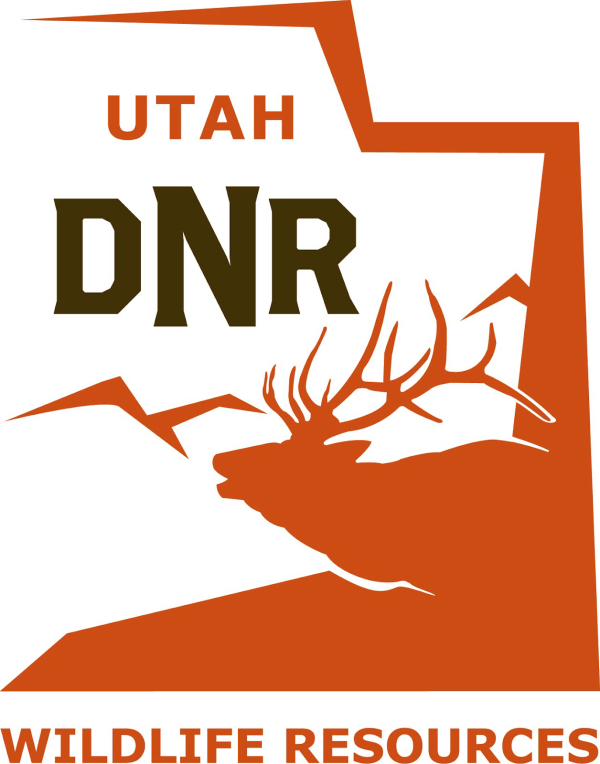Michigan conservation officers offer top 10 tips for a safe hunting experience
GW: And, one more safety tip: Keep your hand on the foregrip, if you are using a crossbow.
As firearm deer hunting season approaches, Michigan’s hunters are headed to the field to carry on the state’s rich hunting traditions. Conservation officers with the Michigan Department of Natural Resources are offering their top tips for a safe hunting experience.
“Hunting in Michigan is a time-honored activity rich in tradition, when families and friends come together to enjoy our great outdoors,” said Lt. Andrew Turner, who leads the DNR’s Recreation, Safety and Enforcement Section for the Law Enforcement Division. “Making your hunt a safe and responsible experience is key to having an enjoyable and memorable time. Our officers want everyone to have a safe and responsible experience.”
Turner said the top 10 safety tips for hunters to remember are:
- Treat every firearm as if it is loaded.
- Always point the muzzle in a safe direction.
- Be certain of your target, and what’s beyond it, before firing. Know the identifying features of the game you hunt. Make sure you have an adequate backstop – don’t shoot at a flat, hard surface or water.
- Keep your finger outside the trigger guard and off the trigger until ready to shoot.
- Don’t run, jump or climb with a loaded firearm. Unload a firearm before you climb a fence or tree or jump a ditch. Pull a firearm toward you by the butt, not the muzzle.
- Avoid alcoholic beverages before or during hunting. Also avoid mind- or behavior-altering medicines or drugs.
- All firearm deer hunters on any land during daylight hunting hours must wear a hat, cap, vest or jacket of hunter orange visible from all sides. All hunters, including archers, must comply during gun season.
- Camouflage hunter orange is legal provided 50 percent of the surface area is solid hunter orange. (Exceptions: waterfowl, crow, and wild turkey hunters, and bow hunters for deer during bow season).
- Always let someone know where you are hunting and when you plan on returning. This information helps conservation officers and others locate you if you get lost.
- Carry your cell phone into the woods. Remember to turn your ringer off or set your phone to vibrate rather than ring. Your cellp hone emits a signal that can help rescuers locate you when you are lost. Make sure before you leave for the woods each day that your phone is fully charged. If you have a smart phone, download a compass and flashlight app – there are many versions of these apps that are free to download in the iPhone App Store or on Google Play for Android. Also, program the DNR’s Report All Poaching (RAP) Line in your phone contacts – 1-800-292-7800 – so you can alert conservation officers to any natural resources violations you witness while hunting.
“These simple, common sense tips can prevent hunting accidents and save lives,” said Turner. “We encourage all sportsmen and women to follow these guidelines when enjoying the great outdoors in our state.”






